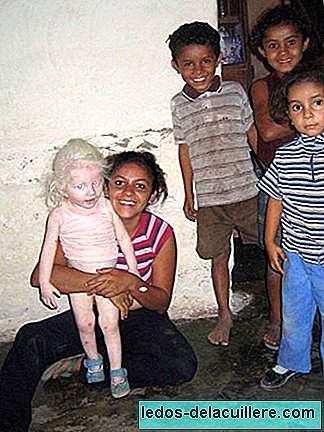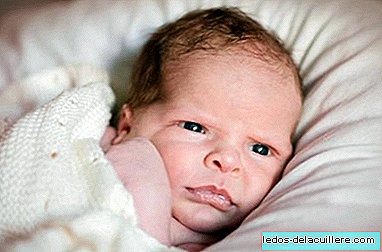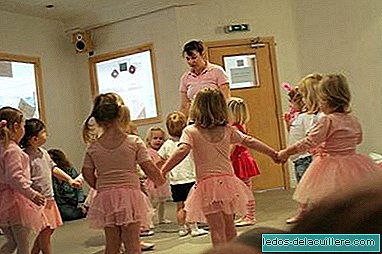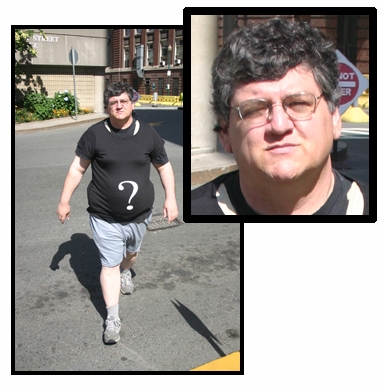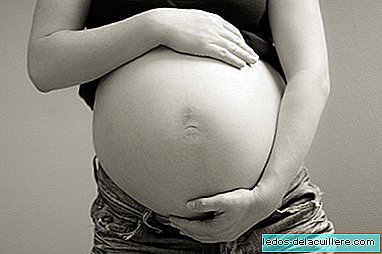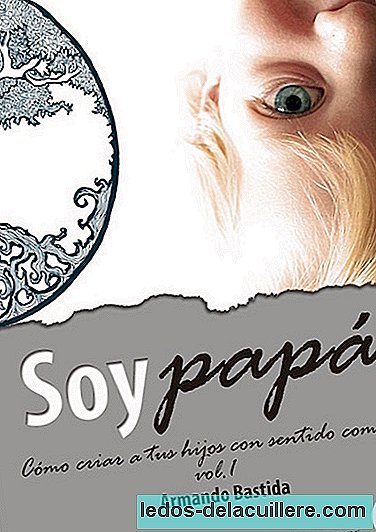
As every year at the beginning of January, the Vaccine Advisory Committee of the Spanish Association of Pediatrics publish the vaccine schedule recommended for the present year, with the objective of serving as a guide for the different autonomous communities of the country to follow it and, thus, the way of administering them is more uniform and common for all Spanish citizens.
The reality is that it seems that they just did not get it, because we continue to see many differences. In any case, the guide is already published, so we will explain below what are the main novelties and differences compared to last year.
2017 Vaccine Calendar

This year continues the same strategy that began last year to reduce the three doses of meningitis C vaccine in infants to two doses, as well as reducing the first four doses of tetanus, pertussis, diphtheria, haemophilus influenzae B vaccine , polio and hepatitis B (hepatitis B only in three of them) at three doses.
This means that if the 2016 and 2017 calendar is compared with the 2015 calendar, parents will see that there are fewer vaccines for babies. And it is not because of "wanting to save", but because of a question of effectiveness and efficiency. It has been seen that with fewer doses the results are equally positive, so the recommendation is established based on the least possible doses to achieve positive protection results.
The changes with respect to the year 2016
Since last year the changes were quite important, the novelties for this year are minor, since they are considered to be only small adjustments Regarding the new recommendations of 2016:
- The vaccination margin of the third dose of the hexavalent vaccine is extended, from 12 months to 11-12 months, so that the new administration schedule is at 2 months, at 4 months and between 11 and 12 months for the third dose.
- Vaccination of the fourth dose of tetanus, diphtheria, whooping cough and poliomyelitis is allowed at 6 years with one dose DTPa + VPI, because before you could only administer the Tdpa + VPI (they are the same vaccines but with less viral load), which would be the simultaneous administration of the trivalent vaccine that is currently also administered to pregnant women, and of which there is a shortage worldwide, and of the injectable polio vaccine. This solution, of course, will depend on each autonomous community, which will decide whether to look for the other vaccine to be able to vaccinate children who have been almost two years without receiving such memory.
- Is definitely set pneumococcal vaccine (Prevenar 13) throughout the Spanish territory, in three doses that are administered at 2 months, at 4 and a third between 11 and 15 months.
- The vaccination in two doses of the varicella vaccine is also established at national level, at 12-15 months the first dose and at 2-4 years the second dose (with a rescue at 12 years for those children who arrive at that age without having passed the disease).
- It is suggested that the meningitis C vaccine administered in adolescence (12-14 years) be replaced by the ACWY meningitis vaccine, although this measure cannot be carried out for now because this vaccine is for hospital use only.
- The administration schedule for the optional meningitis B (Bexsero) vaccine is changed from 3, 5, 7, 13-15 to schedule 2, 4, 6 and 12-15 months. For this, it is recommended separate it 15 days from the rest of vaccines to reduce possible side reactions (it would be to put the first systematic at two months, and at two and a half months the Bexsero).
The rest of the vaccines are kept as before and that's why we don't mention anything about them. Regarding the Bexsero and its inclusion in the state calendar (in case anyone asks), say that it is still too early to make a change of this size. The Spanish state is pending to know how the vaccine works in the United Kingdom, especially where all babies are being vaccinated, both at the level of efficacy and at the level of side effects and Meningitis B bacteria behavior (The disease could be controlled and the cases reduced, and that would be positive, but changes in the virulence of strains that are not part of the vaccine could occur and this could put all children at a risk similar to the one before the vaccine, or at a higher risk, if the cases of infection were greater with those strains). Let's say that at the individual level it seems that the vaccine is safe and effective, but at the global level, the effects that it can cause in the "community" of bacteria are still unknown. Neisseria Meningitidis B.



